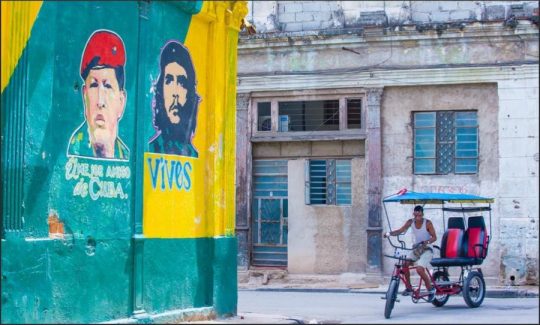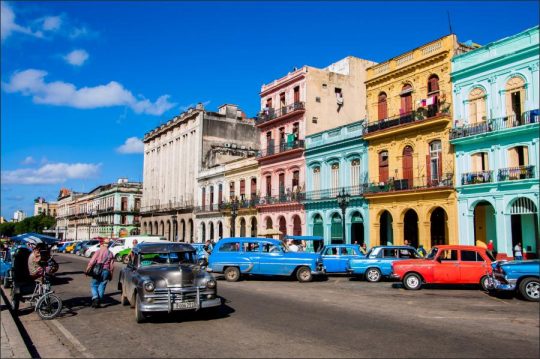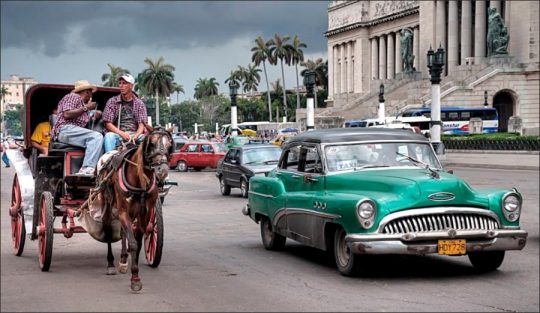Assuming they meet certain requirements, many Americans can now legally travel to Cuba for the first time in more than 50 years. After decades of isolation, the Caribbean island nation’s crumbling infrastructure isn’t yet ready to handle the impending surge of tourists. They’ll be coming anyway. More flights are expected from places like the United States and China and more cruise ships will be sailing into Havana’s only commercial port. Here are 10 things you need to know if you’re planning a Cuban vacation.
1. Americans still need an exception
Although American tourism to Cuba is still technically forbidden under the embargo, American citizens can legally enter Cuba using one of 12 travel exceptions regulated by the U.S. State Department. Americans no longer need to fill out paperwork — they simply need to be prepared to state their travel exception if asked.
2. Book air tickets far in advance
More commercial airlines are beginning regular service to Cuba, including a nonstop flight from Beijing with Air China. For now, flights from the United States are limited to Cuba charters that tend to fill up quickly.
Cuba has a huge hotel room shortage, especially during the peak tourist season that runs from mid-December to mid-March. Finding a last-minute hotel room in Havana is nearly impossible. Your best bet may be a renting a private room on Airbnb or other rental sites. Cubans have extremely limited Internet access so confirmation of online bookings can take days.
4. Leave your tablet at home
Cuba’s lack of Wi-Fi and mobile data means your tablet or smart phone won’t really work here.
5. Bring cash for the entire trip
Cuba is mostly a cash-only economy.
While major credit card companies are starting to facilitate usage of U.S.-bank-issued cards in Cuba, most American credit or debit cards won’t work.
Bringing euros or Canadian dollars can help avoid high taxes slapped on U.S. dollars. And don’t expect to pay in local Cuban pesos. Foreigners have to use Convertible Pesos (CUC’s), valued like the U.S. dollar. With CUC’s, visitors should usually expect to pay more. Also, if you’re American, don’t check your bank account online from Cuba. Your assets will likely end up temporarily frozen.
If smiling women in bright Cuban dresses offer to take a picture with you, be prepared to pay them after the picture is snapped.
The same is true for Havana’s street performers and owners of cute dogs, who will likely ask for a “propina,” a tip, in exchange for a snapshot.
Many clubs and restaurants have clientele that are almost exclusively tourists. If you seek a more authentic local experience, ask locals such as your driver for the best places to go.
7. Don’t expect the entire menu to be available
Cuba has some great private restaurants. State-owned restaurants can also be good, but be prepared for many menu items to be unavailable due to limited food supply.
8. Don’t plan to come home with a lot of cigars
If you want to bring back the legally allowed $400 in souvenirs, only $100 of that is supposed to be rum and cigars. Cuban art makes for a beautiful souvenir and great value, but make sure its certified by the artist.
9. Leave driving to the professionals
Hiring a taxi is easier and safer than driving around the country on your own. Classic cars can get you around town, but be sure to negotiate the price ahead of time. Cheaper local taxis are available, but may avoid picking up foreigners who don’t speak Spanish.
10. Take it easy
Cuba’s slow pace of life can take some visitors by surprise. Service in restaurants, clubs and hotels can take much longer than you may be used to. But in an oasis like Cuba, a relaxing place can be a good thing.





